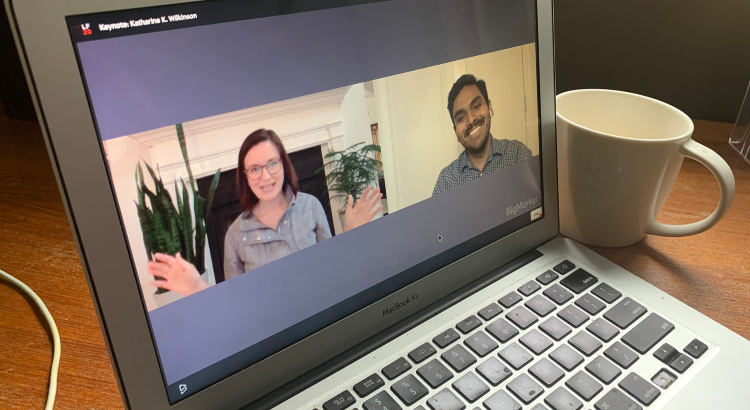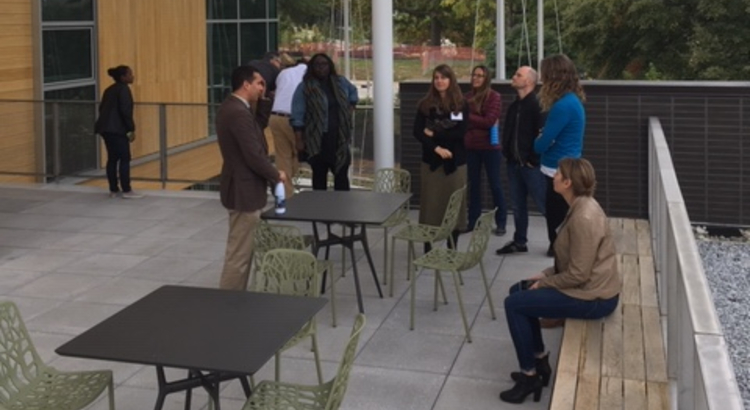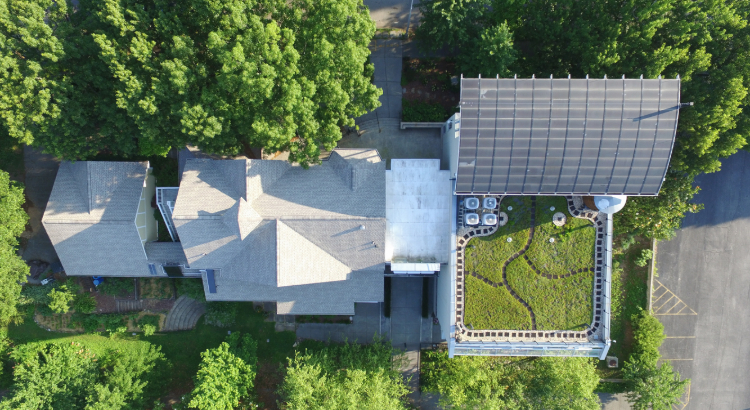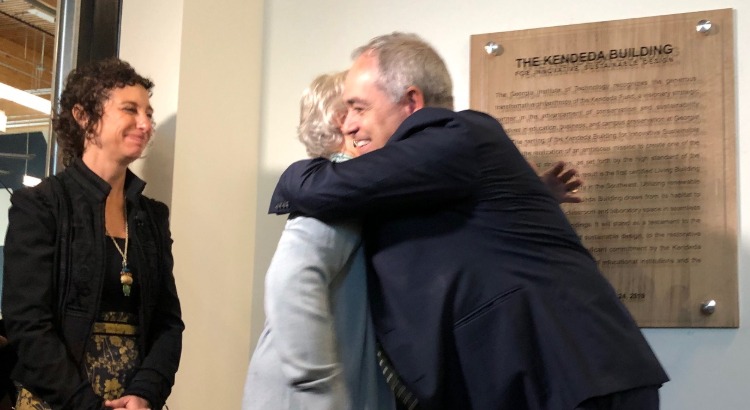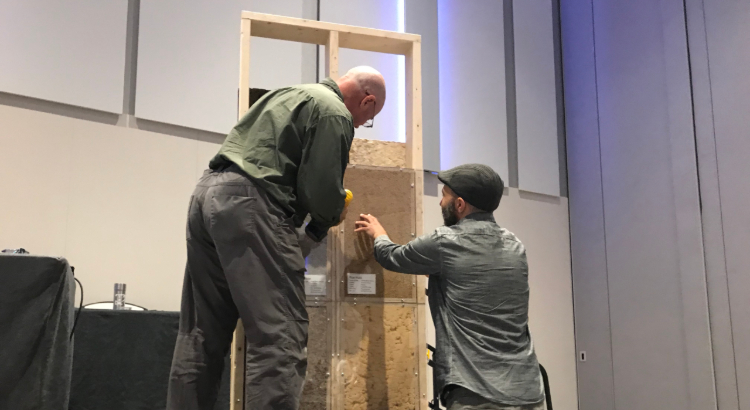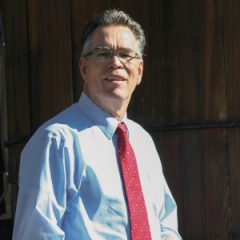
Role: Leverage chief for Kendeda Fund on the Living Building at Georgia Tech
Background: Creech joined Kendeda this year after leading the Southface Energy Institute for 38 years. He co-founded the Atlanta non-profit and helped grow it into a $5 million operation with a dizzying array of spinoffs and sustainability programs for homes, schools, workplaces and communities. Multiple awards recognize his leadership in energy efficiency and better building. Now his mission is to leverage the Georgia Tech project to spread the word throughout the Southeast about regenerative building.
Many builders argue that net positive energy building is particularly challenging in the Southeast’s hot-humid climate?
I’m in that camp. It’s difficult but it’s very doable. We are a mixed climate. It’s not only that we have a summer that requires cooling, and a winter that requires heating. But there are also a lot of times during the year that it’s cool overnight and in the morning, but it’s hot in the afternoon. Then, there’s the humidity, which of course is a problem during the warm season. So there are all these seemingly different, contradictory challenges, but how you handle them is critical to hitting your energy target. A standard air conditioner handles the humidity by super-cooling the air to wrench out the moisture and then warms it up a bit to be comfortable, which wastes an incredible amount of energy. Usually, the more efficient solution is to go toward a radiant system, but you somehow have to supplement that with additional equipment to reduce the moisture.
Click to read more Profiles on green building leaders
In our longer interview about issues like equity and leveraging the Living Building at Georgia Tech, you also argued that occupants have to change their attitudes toward buildings.
Our goal is not a net energy positive building. Our goal is to be net energy positive and comfortable. The worst thing in the world is that somebody comes into the building and says, ‘I can’t work in this place.” So it has to be comfortable. But we also have to educate occupants to take a less passive approach toward being in a building. There’s a personal responsibility involved in a Living Building. What we’re saying to people who come to this building is that we expect you to have an environmental ethic or at least to respect the environmental ethic of this building. So you may not want to have a tie on in the summer and you may need to put on a sweater in the winter, just like you shouldn’t dump chemicals down a composting toilet. People need to unlearn some of the attitudes we’ve developed toward artificial environments. It doesn’t have to be uncomfortable — in fact it’s a whole lot healthier — to live more tune with nature.
On the web: Read an extensive interview with Dennis Creech here.

